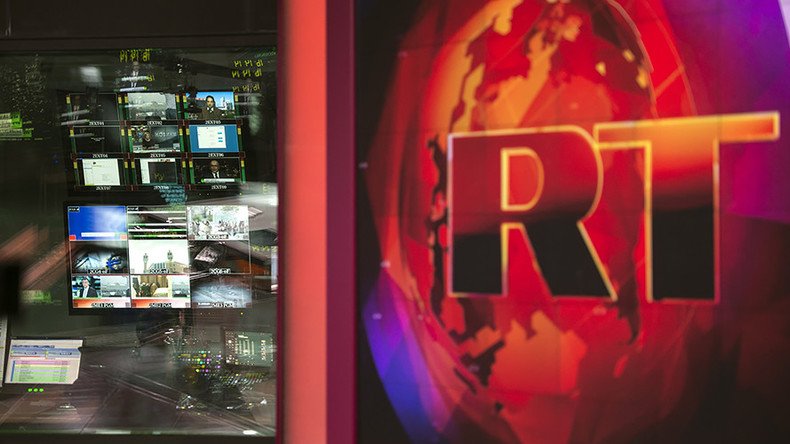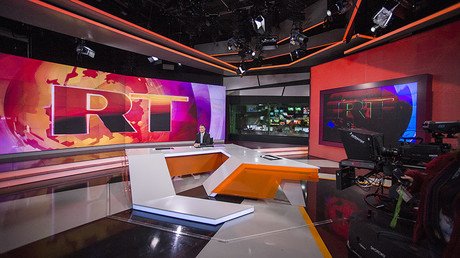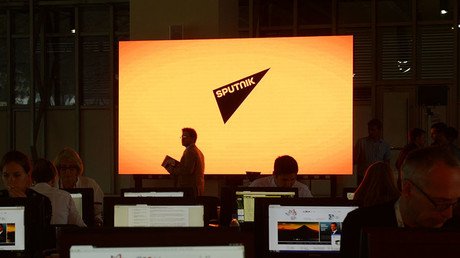Targeting RT with ‘foreign agent’ law betrays First Amendment – media experts

The pressure on Russian news agencies in the US, including the recent demand for RT to be registered as a ‘foreign agent,’ is an act of censorship that betrays some of the country’s founding principles, media experts told RT.
According to Lionel, a legal and media analyst, the campaign against RT has disturbing implications for the government’s power to strangle the free press.
“What’s happening here in my beloved republic, the home of the First Amendment, freedom of the press, we have private agencies censoring like you could not believe,” he said.
“Now technically speaking, the First Amendment can only be violated by the government – federal government, state government, local government. But what’s happening here is, if you have a governmental entity forcing a private entity to limit speech, the question is, is that government entanglement? Is that indeed a subversive way for the government to come in and to stifle free speech?”
Earl Rasmussen, executive director at the Eurasia Center, told RT that freedom of speech is being violated against media organizations such as RT and Sputnik.
“Targeting given news agencies from a specific country with absolutely no evidence, no facts whatsoever is completely counter to the principles this country is founded on,” Rasmussen said.
He also points out that media and news organizations used to be exempted from the Foreign Agents Registration Act (FARA), and including legitimate news outlets in it is tantamount to infringing on the First Amendment.
“I think it’s wrong and it is counter to the whole intent of the foreign agent FARA requirement and is another step in the censorship area and basically countering our constitutional principles.”
On the other hand, Lionel believes that the apparent crackdown on RT might only serve to reinvigorate the discussion of controversial topics in the US – and attract many new viewers to the channel.
“This might be the greatest advertising boon to RT,” he said, adding that by constantly hearing from various US officials and media outlets about a supposedly damning influence of RT on the US presidential campaign, Americans who never previously heard of the network are effectively encouraged to look it up.
Rasmussen believes RT should actually be “proud” of what appears to be an “amazing influence on the US population,” despite the lack of resources and advertising.
“What you should do is actually provide classes and consulting to our organizations here,” he said.














